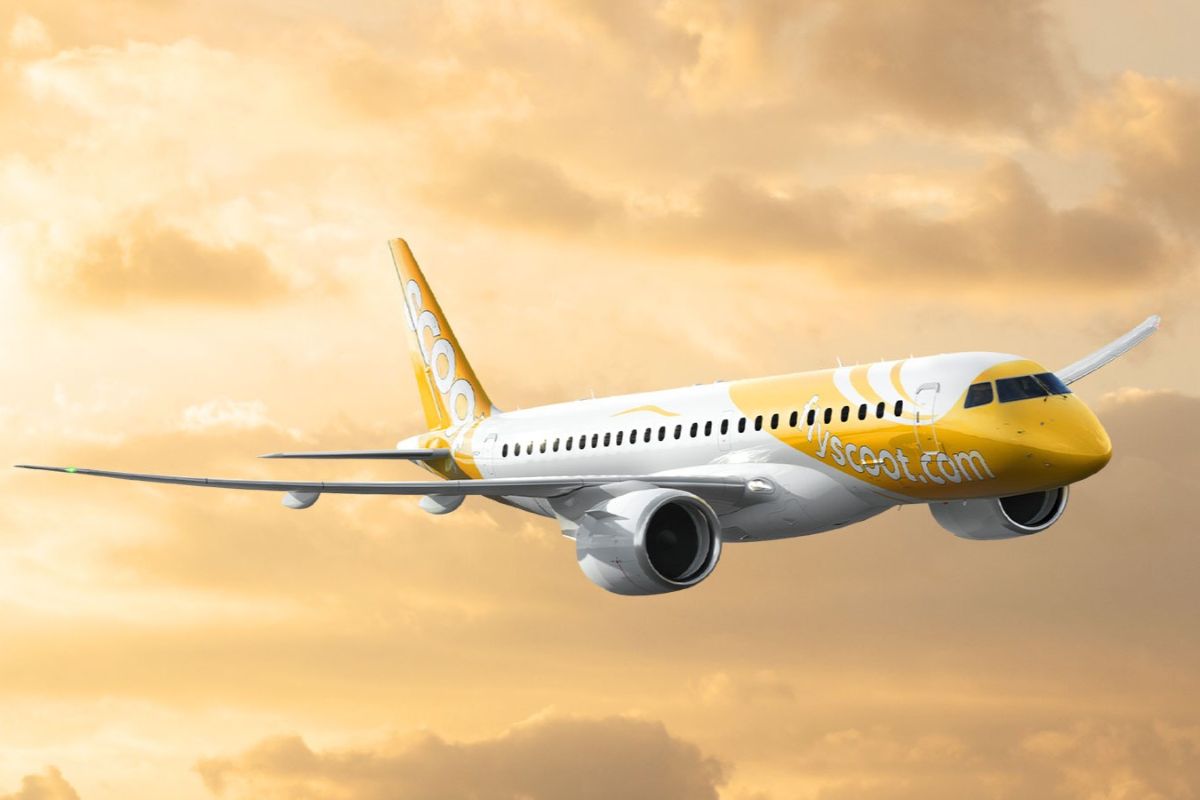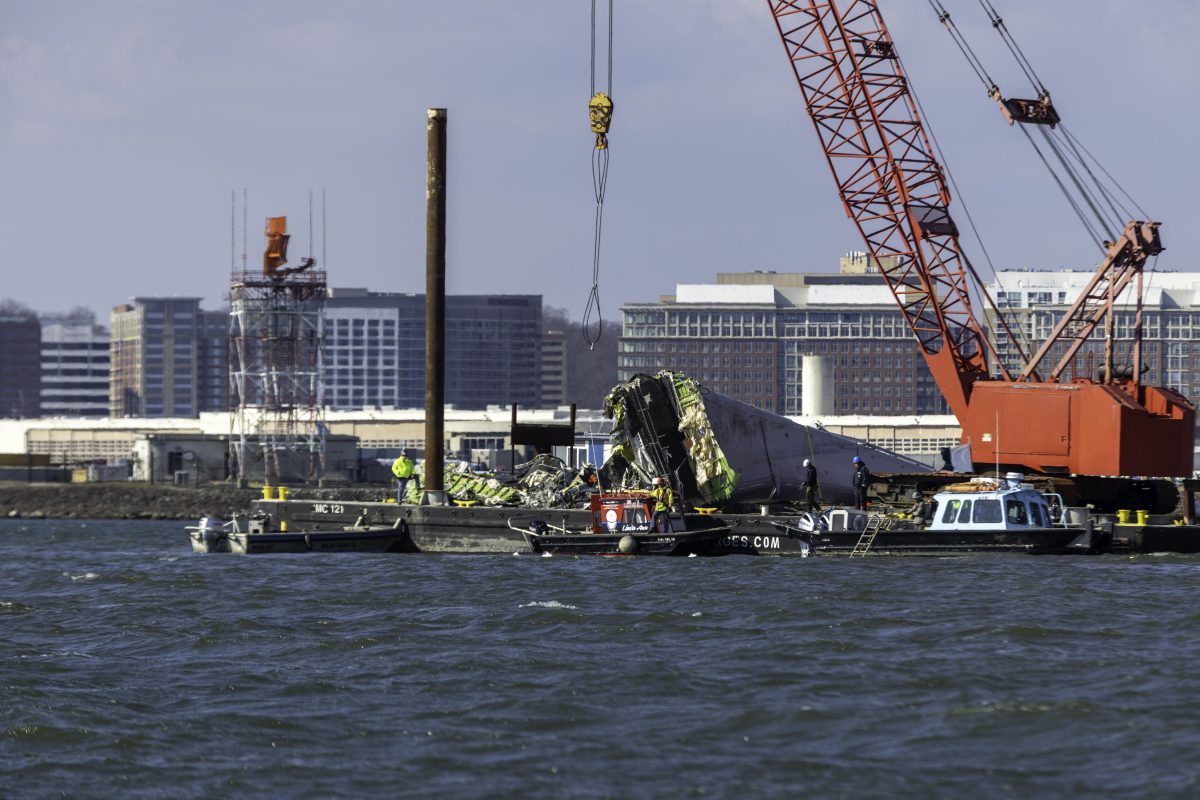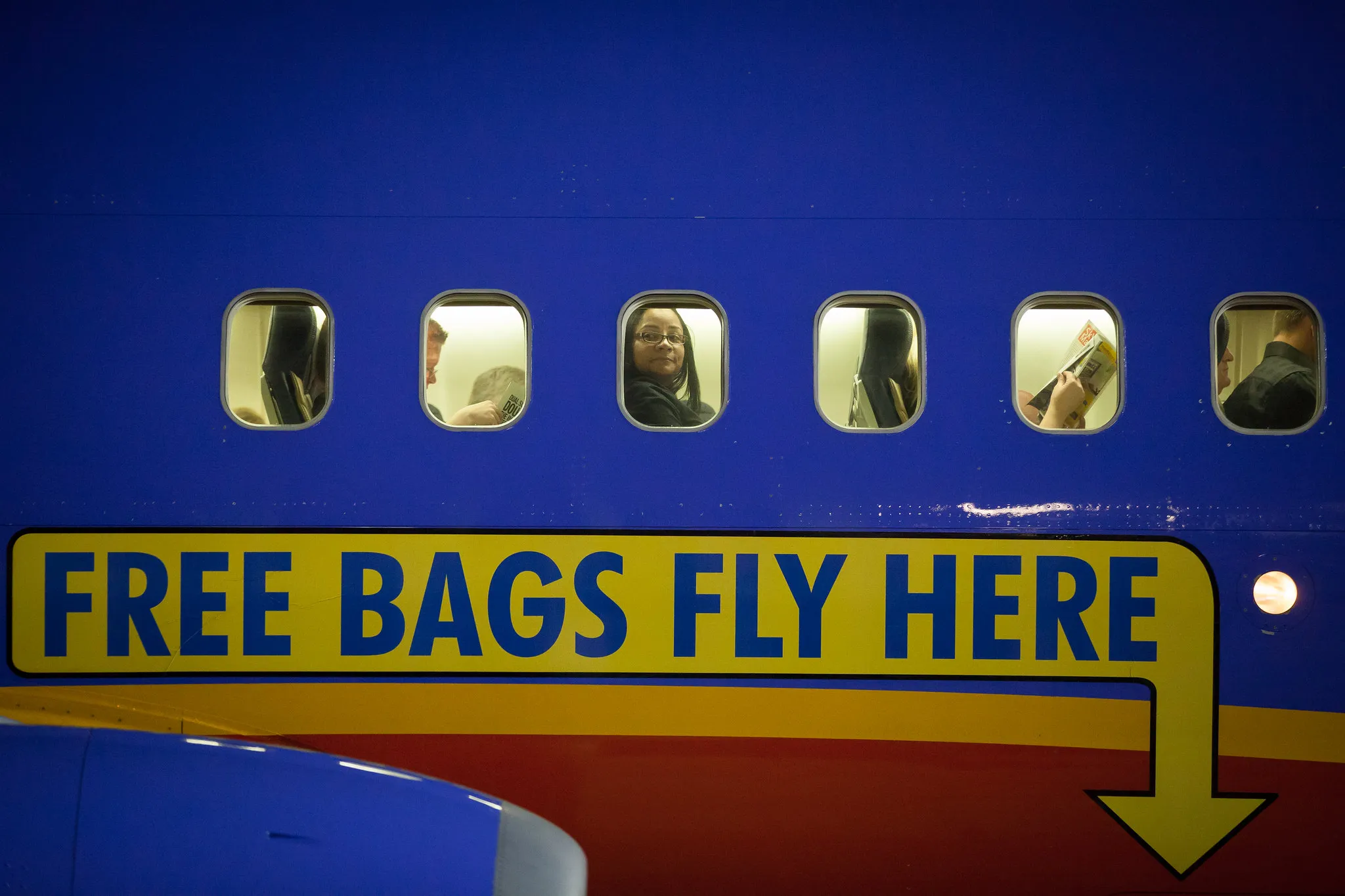Kayak-Momondo: What to Watch for as the Companies Combine

Skift Take
The Priceline Group pulled the trigger, after going shopping in Europe on behalf of its Kayak metasearch unit, and acquired the UK and Denmark-based Momondo Group for $550 million in cash. There are things the deal does, doesn’t do, and things to watch out for as an integration of the two companies begins after the deal closes later this year.
The follow-up Security and Exchange Commission paper trail hasn’t been filed yet as of this writing, a couple of days after the deal announcement, but we now know that the talks kicked off in the Fall with Kayak taking the lead.
Skift exclusively reported in January that Kayak-Momondo deal talks were under way and at the time Kayak CEO Steve Hafner tried to do his best head-fake in leading us away from the story. He downplayed any possible engagement with Momondo, telling us that Kayak talks to everyone.
Apart from our sourcing, though, we were confident we were onto something when Hafner seemed to be pressuring Momondo in a not-so-veiled way in light of our reporting to mute its demands, saying in January, “We don’t have a deal to buy anyone but we’re all ears to anyone who wants to sell at a reasonable price. Unfortunately, Ctrip/Skyscanner and Trivago seem to have inflated expectations. Obviously, I can’t speak for any of the potential sellers you mention. Maybe someone else is on the hunt?”
Well, the hunt ended with Kayak snagging the Momondo Group, with its Momondo and Cheapflights brands.
WHAT THE DEAL DOES
With the deal, Kayak brings Momondo and its estimated $102 million in 2016 revenue into the fold. Beyond the U.S., Kayak is already fairly strong in France and Spain, and in Germany through its Swoodoo brand and Austria via its Checkfelix brand.
The Momondo acquisition, which includes deal-publisher and metasearch engine Cheapflights, will help Kayak in the important UK market, where it has struggled for years to break through against Skyscanner, which is headquartered in Scotland. It will also help in the Nordics, where Momondo is dominant, and in Russia, where the Danish metasearch brand has a significant presence.
The deal gives the Priceline Group, with its Booking.com, Agoda and Priceline.com online travel agency brands, a hedge against the growing popularity of metasearch, especially as many of the metas develop booking capabilities, and it gives Priceline’s online travel agencies additional marketing capabilities through these metas.
For Kayak, the deal also provides a bit of a hedge against the incursions of Google Flights, although most of the latter’s market share gains have been in the U.S. Still, Google is coming, no doubt.
It can also be seen as a defensive move in light of the increased firepower that Skyscanner gets now that it’s part of the Ctrip family.
In addition to the scale benefits, Kayak may find cost synergies in melding together Kayak, Momondo and Cheapflights.
WHAT THE DEAL DOESN’T DO
While Kayak, in particular, will likely benefit from the additional scale of adding Momondo and Cheapflights to its portfolio, the deal doesn’t appear to be a game-changer. This isn’t a gargantuan deal – in price at $550 million compared with the Priceline Group’s 2014 acquisition of OpenTable for $2.6 billion, or in market-moving impacts.
Piper Jaffray reports that the $550 million deal amounted to about 3.5 times an estimated $125 million in trailing 12-month revenue as of early 2017. That multiple is OK, but not spectacular. The Momondo Group’s owners, Great Hill Partners in Boston, had a “liquidity preference” and didn’t see a huge upside, given competitive dynamics, in holding onto Momondo for the long term, according to a source. So that undoubtedly impacted the deal price.
But while Kayak will grow incrementally from the deal, at least the Momondo Group acquisition keeps Momondo out of the hands of any other potential suitors. Airbnb, for example, has been floating the idea of launching a flights business, and buying Momondo is now definitely off the table for the apartment-sharing site.
Kayak’s Hafner says the Momondo deal will do nothing to help the site in its competition against Expedia’s Trivago, which went public in New York in December, because Momondo and Cheapflights’ strength is in flights -- not hotels.
And the Priceline Group did not make this acquisition because of Momondo’s technology skills or to grab engineering talent. Instead, Priceline did the deal on the strength of Momondo’s brand, audience and direct traffic. We hear from a source that the Kayak folks were particularly smitten with Momondo’s marketing talent. Its recent campaign, “The DNA Journey,” was a particular hit during these politically turbulent times and, according to Momondo Group CEO Hugo Burge, it attracted 200 million video views, and 400 million when coupled with publicity.
WHAT TO WATCH OUT FOR
Kayak will have to figure out how its multibrand strategy develops in light of its onboarding of two new ones, Momondo and Cheapflights. Hafner says it is too soon to say how the brands will line up and in which markets. In addition to the “Kayak” brand, Kayak already operates Checkfelix.com, the leading meta in Austria, and Swoodoo in Germany. The Kayak brand could never break through in the UK so it looks as though a multibrand strategy is the way to go given Cheapflights’ and Momondo’s strengths in specific markets.
Cheapflights, which began transitioning from flight-deal publishing to flight metasearch a couple of years ago, has a presence in around 20 markets while Momondo’s turf includes about 35 international markets.
Hafner says one of his first priorities will be to migrate Momondo and Cheapflights onto a common technology platform with Kayak. That will be something to watch in terms of how much of a distraction, complication and expense such a migration will turn out to be.
On a cautionary note, Expedia Inc. stumbled fairly badly last year when it devoted an immense amount of resources into transitioning Orbitz Worldwide onto the Expedia technology platform. It was fairly rough going and Expedia CEO Dara Khosrowshahi conceded that the experience was “humbling.”
The Momondo Group acquisition is Glenn Fogel’s first as CEO of the Priceline Group, having taken the helm in December. Fogel has a ton of experience on the mergers and acquisitions front as he choreographed numerous deals for the Group, including the game-changing acquisitions of Active Hotels in 2004 and Bookings B.V. in 2005 to create what would become the Booking.com behemoth.
But the Priceline Group stumbled on a financial basis with its acquisition of dining platform OpenTable in 2014 and had to take a $941 million impairment charge during the third quarter of 2016. Dining reservations could still turn out to be an attractive business but the price tag was clearly too high.
Investors and others will be watching to see whether the progress of the Momondo Group integration goes smoothly and what it signals about the Priceline Group’s commitment to metasearch growth.
Despite Expedia’s Trivago pouring money into marketing – up to 88 percent of revenue -– former Priceline Group CEO Darren Huston, who wasn’t a big fan of metasearch to begin with, insisted on funding Kayak’s growth on a profitable basis only.
Fogel just spent $550 million on helping Kayak grow. So does this mean he’s going to open the bankroll even further to assist Kayak-Momondo in its expansion?





